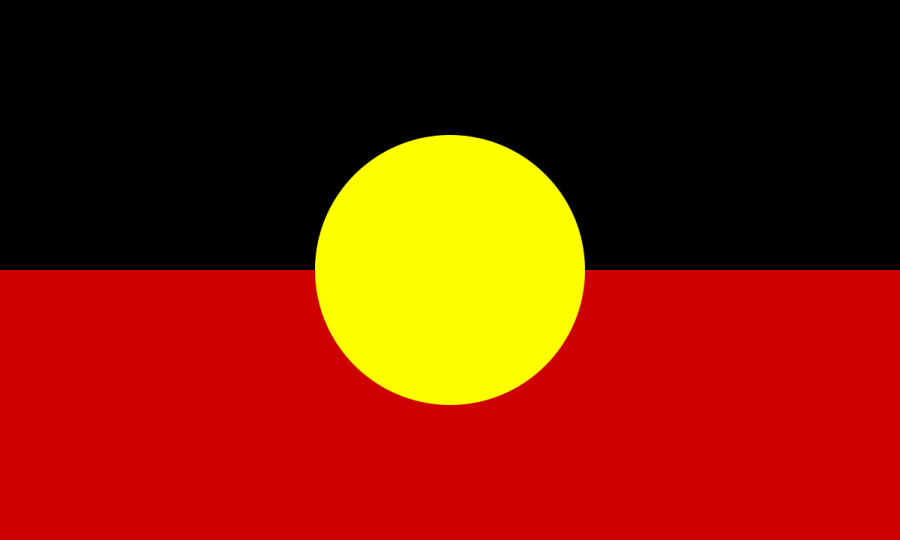The Aboriginal and Torres Strait Islanders Commission (ATSIC) just released its comments on the Australian federal government's proposed changes to the 1993 Native Title Act. While it was agreed that there was a need to carefully monitor the type of claims being proposed by Aborigines, ATSIC considered the draft amendments to be totally unacceptable.
In putting forward a 10-Point Plan to amend the Native Title Act, the government was responding to mounting pressure from primary producers who felt that the Act was cumbersome and not working enough in their interests. The highlights of the 10-Point Plan, in brief, are as follows:
- Cities and waterways are exempt from native title claims
- A sunset clause (time constraint) will apply on Aboriginal claims
- Only Aborigines with a current physical connection to the land are permitted access to native title
- A `higher threshold' test will stop vexatious claims
- Lesees will have exclusive possession over land
- There will be retrospective validation of mining and other leases since proclamation of the Native Title Act.
Native Title legislation has been a boon to Aboriginal groups in Australia. As a result of landmark High Court decisions in 1992 (Mabo) and 1996 (Wik), some native title holders have had the opportunity to negotiate for employment, training, and other benefits from development projects on land that they have a traditional interest in. As church leader Frank Brennan has said, "Mabo presents the opportunity to start negotiating a sensible and realistic basis for reconciliation with all Aboriginal and Torres Strait Islander people...Its challenge is to accept the fact that the building of modern Australia has involved Aboriginal dispossession, and to accept responsibility for dealing justly with the consequences."
Yet this process is now under threat. As ATSIC Chairman Gatjil Djerrkura stated recently in The Weekend Australian, "Land rights has provided our community with the opportunity to maintain our cultural traditions and has been the base for economic self-empowerment. I fear the implementation of the 10-Point Plan will deny this potential to other indigenous people. Some people have returned to their communities only alter learning about the heritage hidden from them by separation policies. For a person to have access to traditional lands, the proposed amendment requires that the person must have regularly had physical access as of December 23, 1996. Even today, some pastoralists still resort to locked gates, fences, and dogs to confine Aboriginal people to communities."
In Aboriginal eyes, native title exists independently of the Act. It is an important expression of spiritual and social well-being to indigenous communities. Imposing time limits of any sort on claims is unacceptable, Djerrkura says.
Galarrwuy Yunupingu, Aboriginal Chairman of the Northern Land Council (a body that represents Aborigines in native title claims) added that native title is not about "whitefella paper, [i]t is the customary law and customary system which still governs us and gives us the right to survive and live. These rights cannot be legislated away by anyone." He has suggested that politicians need to see an Aboriginal ceremony in full swing in order to appreciate what the land and sea mean to indigenous people.
Both Djerrkura and Yunupingu see the proposed amendments as being unbalanced and a serious attack on indigenous rights. Both agree that they will create only further uncertainty for the entire Australian community.
Article copyright Cultural Survival, Inc.

